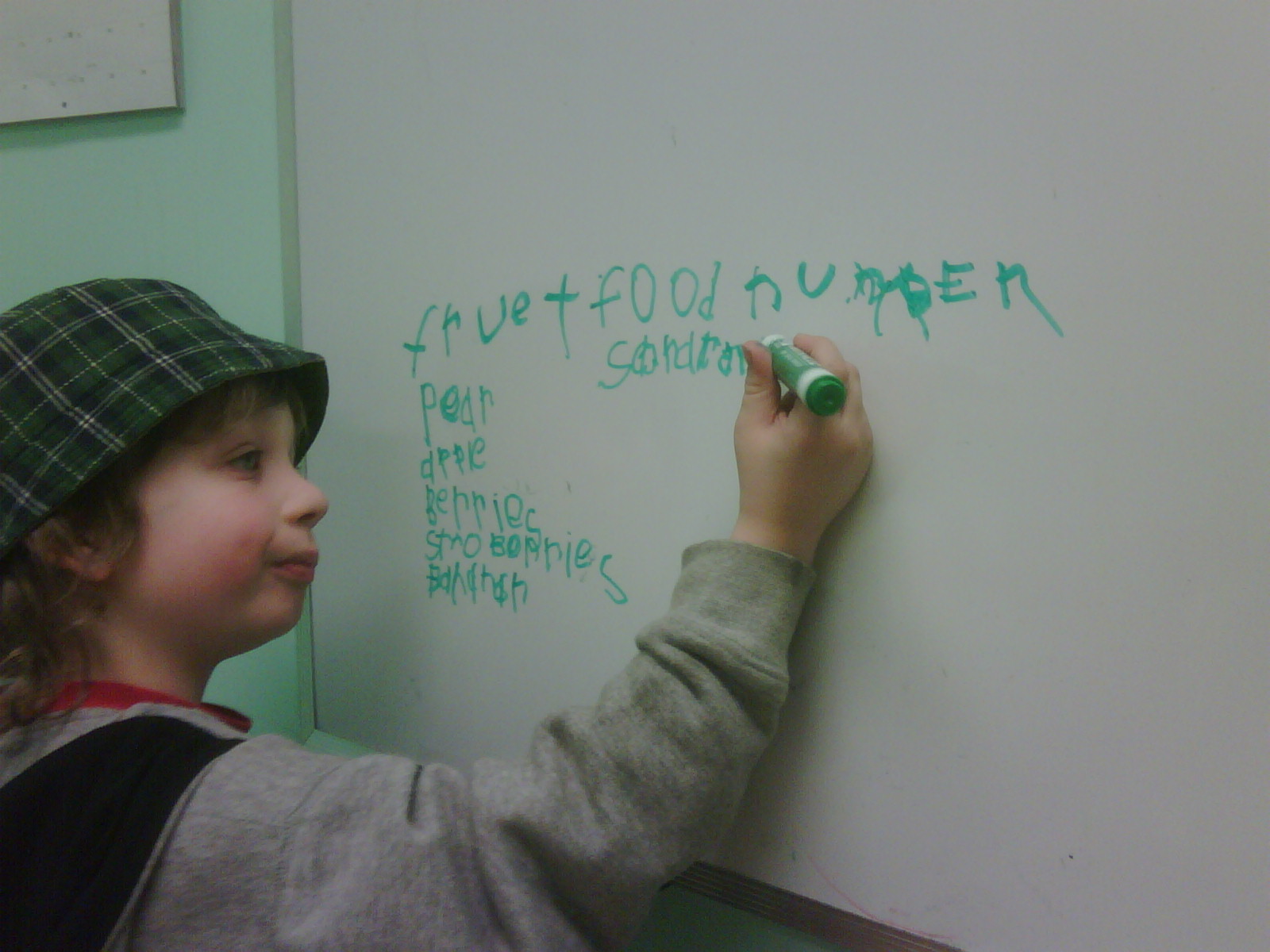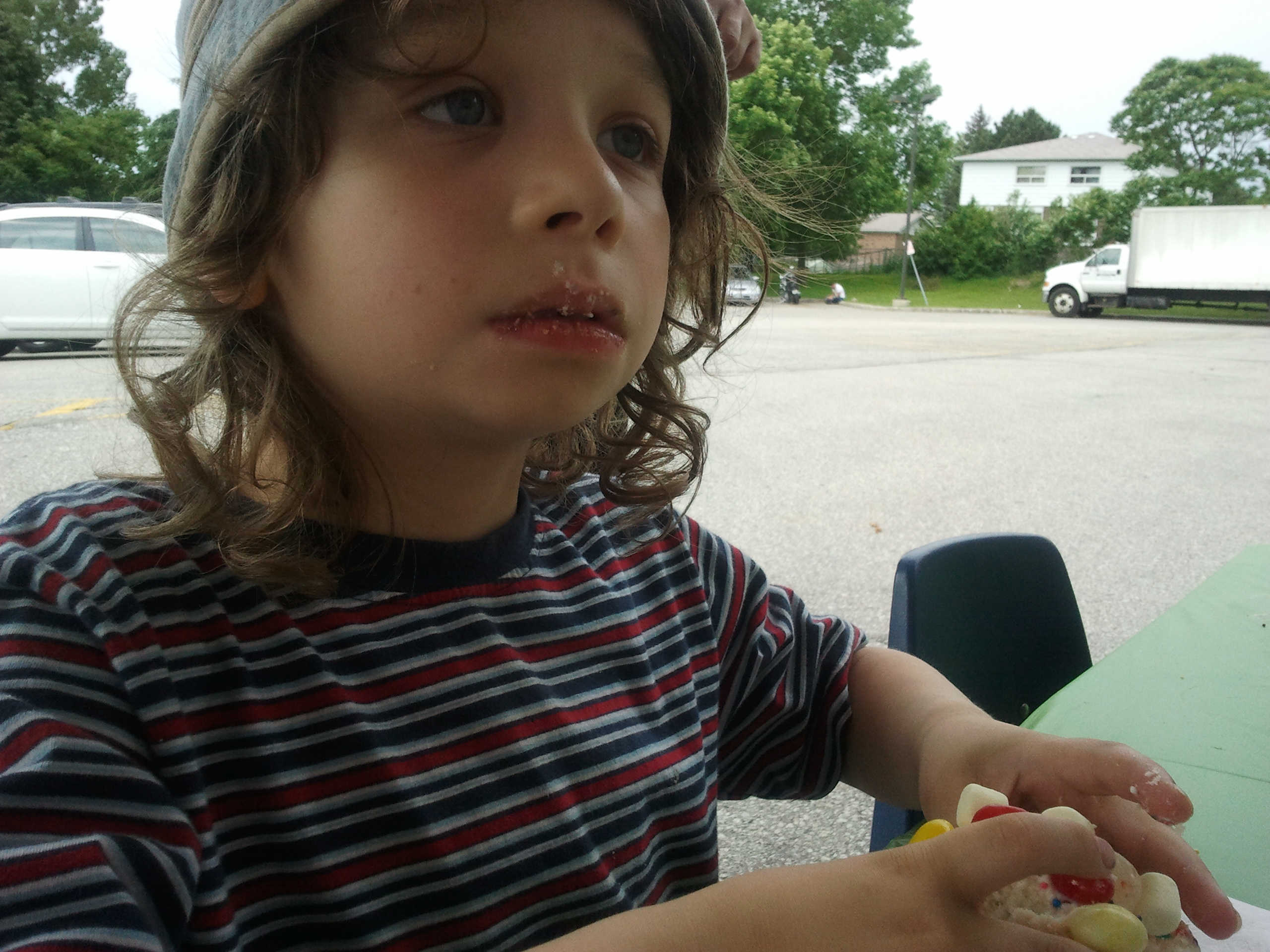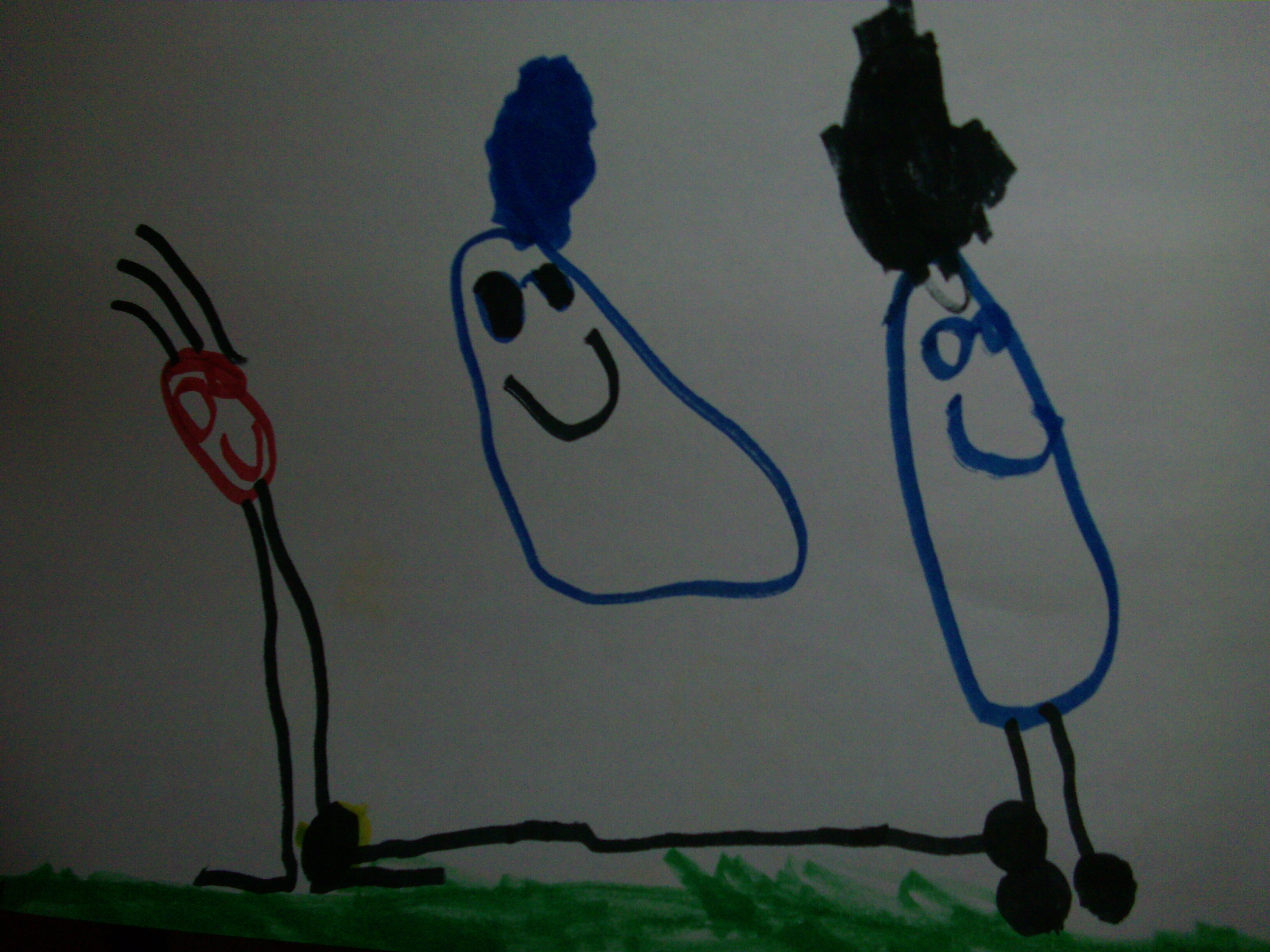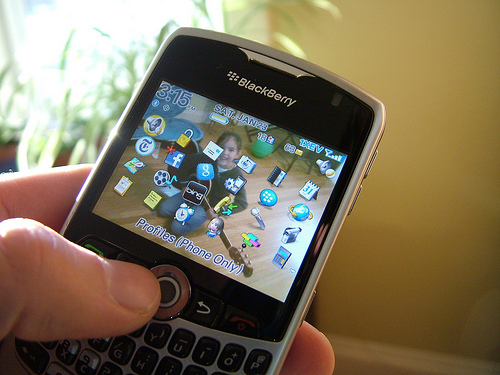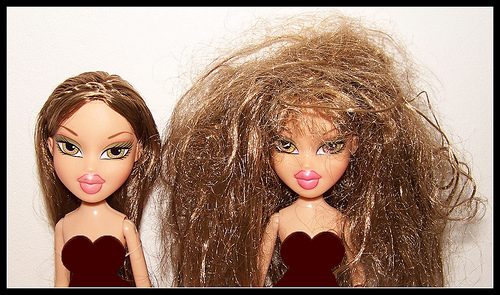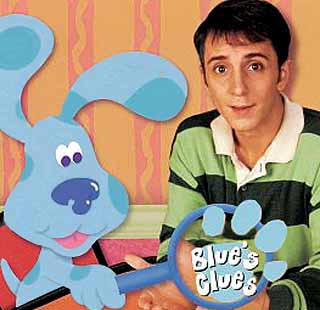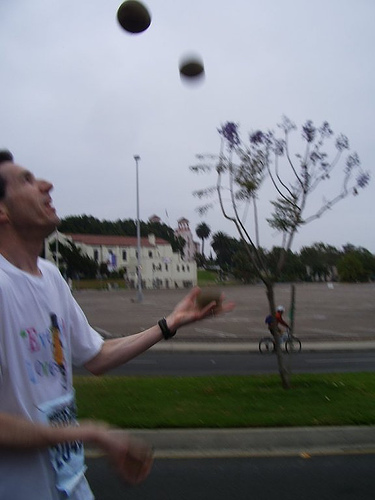 Sleep – or lack thereof – has been a big issue in my life lately. I’ve never really been one to sleep for long stretches, and particularly since entering the world of motherhood, I consider six hours to be a good night’s sleep. But these days, even getting that amount of shut-eye is a challenge. There are a number of reasons for the recent sleep deficit, ranging from a run of kids’ tummy bugs to the fact that I’m an occasional insomniac.
Sleep – or lack thereof – has been a big issue in my life lately. I’ve never really been one to sleep for long stretches, and particularly since entering the world of motherhood, I consider six hours to be a good night’s sleep. But these days, even getting that amount of shut-eye is a challenge. There are a number of reasons for the recent sleep deficit, ranging from a run of kids’ tummy bugs to the fact that I’m an occasional insomniac.
Saturday night was particularly brutal. I went to bed early enough, because I was planning a long run early on Sunday morning. The kids were asleep, and James, who had been afflicted with a tummy bug, seemed to be on the mend.
At about midnight, when I had barely been asleep for half an hour, I woke to the sound of James crying his little heart out. My husband and I went to investigate, only to discover that the poor child had had a tummy-bug related accident. I whisked James off to the bathroom to clean him up and comfort him; my husband took care of changing the sheets and throwing soiled sheets and pajamas into the washing machine. James, bless his precious little soul, kept apologizing, even though I assured him that it was OK.
We got James settled and went back to bed. By the time I got back to sleep it was well after 1:00 a.m. A couple of hours later, I was roused to consciousness by a light tugging at my arm. I squinted in the darkness and saw James standing beside my bed. He took my hand, wordlessly led me to his bed, and plaintively asked me to stay with him. How could I refuse, right? So I climbed in and got settled, and James promptly threw up all over me.
As quietly as I could, I got James and myself cleaned up, threw yet another load of sheets and PJ’s into the washing machine, and having run of clean sheets, settled the two of us on the futon in our living room.
We went to sleep, and until about 4:00 a.m., I slept the sleep of the just.
At that point, George started to feel lonely, so he abandoned his bed and went in search of me. His first stop was my own bed, where he apparently found his Dad alone, and woke him up just to say, in a tone riddled with indignation, “You’re not Mommy.” Then he found me on the futon and squeezed in beside me.
There is not enough room on the futon for me and two long, lanky kids, both of whom sleep splayed out like starfish. But my discomfort was outweighed by the fact that I had my boys, one on either side of me. And so I (sleeplessly) passed the rest of the witching hours squished between my two gently snoring kids, with elbows and knees poking into my back, and my head bent at an uncomfortable angle.
Eventually, I gave up on the idea of sleep. I made coffee and drank some, and then, with my body screaming in protest, I went out for a 12km run.
It was not a good run, except in the sense that I actually finished it. By seven in the morning it was already scorching hot, I was not properly hydrated and above all, my body was utterly exhausted.
And because I love being there for my kids whenever they need me, at any time of the day or night, I wouldn’t have had it any other way.
(Photo credit: http://www.flickr.com/photos/doortoriver/2903845014/)





